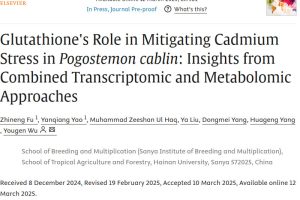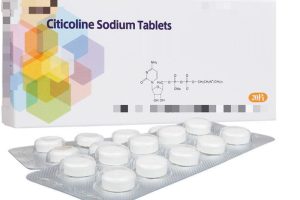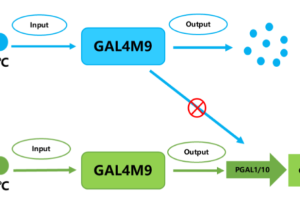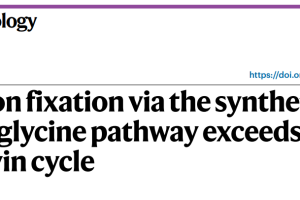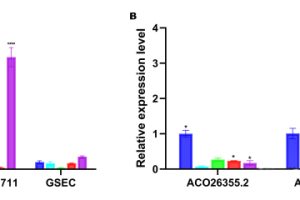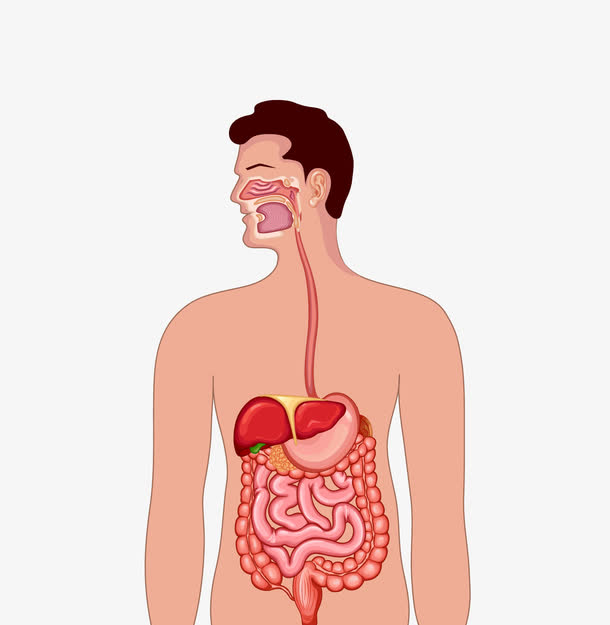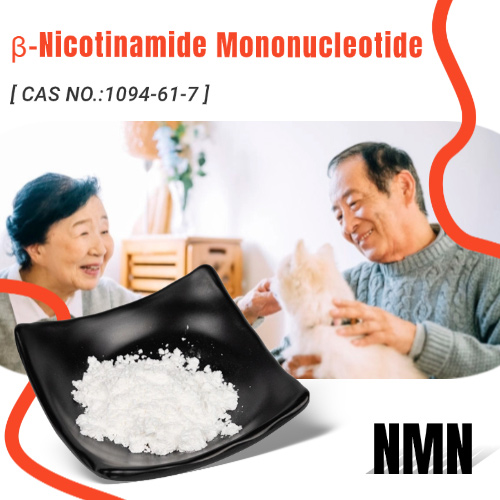New research from Tsinghua University: NMN helps cure alcohol and protect the liver, regular drinkers should know!
After undergoing a series of complex transformations in the body, the substance is finally safely excreted. Among them, alcohol is a very common metabolic substance, and its impact on the human body, especially the liver, cannot be ignored.
Long-term alcohol consumption, whether frequent small drinks or occasional binge drinking, can place a heavy burden on the liver.
Mild consequences may be the development of fatty liver disease, while more serious consequences may include alcoholic hepatitis, liver fibrosis, cirrhosis, and even liver cancer.
These diseases not only affect the normal function of the liver, but can also have profound effects on the health of the whole body.
In 2018, a large-scale study published in The Lancet made it clear that the optimal alcohol intake is actually zero. This means that from a health point of view, completely abstaining from alcohol is the best choice.
However, we must also admit that in real life, drinking alcohol is difficult to avoid in many occasions, especially in interpersonal communication.
So how can you enjoy social fun while minimizing the damage alcohol does to your liver? Scientists have done a lot of research on this and put forward some practical suggestions.
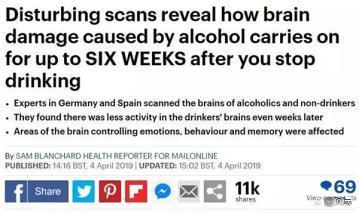
Studies by scientists have shown that by taking NAD+ precursors such as NMN, the level of NAD+ in the body can be increased, thus accelerating the catabolism of alcohol, and playing a role in curing alcohol and protecting the liver.
In view of the relationship between NMN and liver, researchers from Tsinghua University found that NMN can effectively prevent liver fibrosis in 2021.
In 2022, the team again published a paper showing that taking NMN for 4 weeks can improve the overall increase in protein acetylation caused by liver aging, reduce age-related dysfunction, and regulate fatty acid beta oxidation, tricarboxylic acid cycling, and valine degradation.

In addition, the research team published another study on NMN and the liver in just one month, this time from the perspective of oxidative stress, they found that NMN can delay the aging of the liver.
These three papers fully demonstrate their in-depth research on NMN and liver.

Experiment 1: NMN accelerates alcohol metabolism
The researchers conducted an experiment on mice, dividing the mice into two groups, one that received NMN supplementation and a control group that did not receive NMN supplementation. Both were then injected with the same amount of alcohol.
The results showed that NAD+ levels were increased in mice receiving NMN supplementation, while the rate of alcohol breakdown was significantly accelerated, thus reducing the retention time of alcohol in the body.
Experiment 2: NMN prevents liver fibrosis
The researchers used animal models to test the effect of NMN on preventing liver fibrosis.
They added alcohol or other inducers to induce liver fibrosis in the experimental mice, and then divided the experimental mice into two groups, one receiving NMN supplementation and one not.
The results showed that the liver tissue structure of the experimental group of mice receiving NMN supplement was relatively intact, and the degree of liver fibrosis was significantly reduced, indicating that NMN can effectively prevent liver fibrosis, reduce the degree of liver damage, and protect liver health.
Experiment 3: NMN delayed liver senescence
Through long-term observation of elderly mice, the researchers observed changes in the level of oxidative stress and functional status of liver cells after taking NMN.
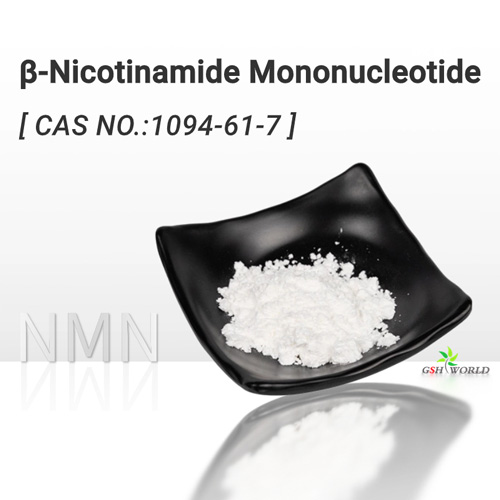
The experimental results showed that after taking NMN, the oxidative stress of the liver cells of the aged mice was significantly reduced, the aging rate of the liver was slowed down, and the liver function was kept in a relatively healthy state.
NMN can also enhance adaptive homeostasis, making the liver have a stronger ability to cope with the invasion of exogenous toxins, and reducing the damage caused by toxic and harmful chemicals to the liver.
NMN plays an important role in cell metabolism and homeostasis regulation in vivo. It is worth noting that the potential it has shown in protecting liver health is particularly compelling. This protective effect may be due to β-Nicotinamide Mononucleotide superior performance in inhibiting cellular oxidative stress and maintaining mitochondrial function.
By effectively reducing the production of free radicals and significantly enhancing the body’s antioxidant capacity, NMN can significantly delay the aging process of liver cells, thus ensuring that the healthy state of the liver is maintained.
This finding not only reveals the important role of β-Nicotinamide Mononucleotide in liver health protection, but also provides new ideas for developing more effective liver protection strategies in the future.
NMN brands on the market are dazzling, which brand of β-Nicotinamide Mononucleotide is good, how to choose has become a problem for many consumers. Among them, GSHWORLD NMN products produced from Chinese origin have attracted much attention. Not only excellent performance in the field of anti-aging, but also has a magical effect of hangover and liver protection, which is loved by drinkers.
This NMN product stands out in the market due to its powerful role in protecting the liver, promoting metabolism and delaying aging in the body. And their hangover function is a boon for many drinkers, effectively protecting liver health.
If you are also a regular drinker, try this GSHWORLD NMN product, which is made in China. They can not only help you fight aging, but also protect your liver health, so that you can enjoy wine at the same time, also have a healthy body.
How does NMN work effectively when supplementing NAD+ precursors?
The metabolism of alcohol in the human body depends on the interaction of two enzymes, ADH and ALDH2, with NAD+.
ADH promotes the conversion of alcohol to acetaldehyde, while ALDH2 is responsible for the further conversion of acetaldehyde to acetic acid, which eventually enters the tricarboxylic acid cycle, breaking down into carbon dioxide and water to be expelled from the body.
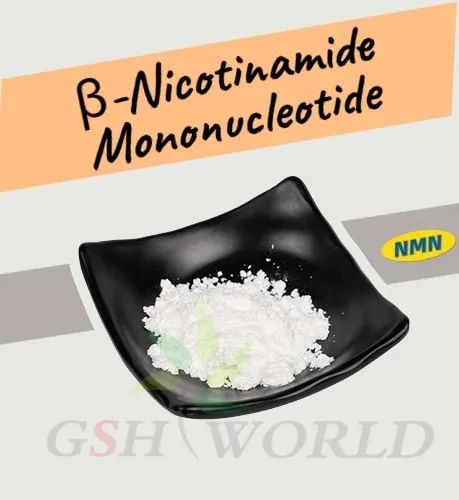
In this complex metabolic process, NAD+ plays a crucial role. Therefore, timely supplementation of NAD+ precursors, such as GSHWORLD, can accelerate the liver’s catabolism of alcohol, thus effectively playing the role of hangover relief.
GSHWORLD, as a health brand of the source manufacturer in China, China NMN manufacturers, has made significant breakthroughs in the research and development of NMN series products. Its product line includes different levels of β-Nicotinamide Mononucleotide, such as GSH and CDPC, the higher the content and purity, the better the absorption effect naturally.
GSHWORLD has production bases in many places around the world, strictly controls product quality, and has won the trust of consumers.
In the production process, GSHWORLD uses advanced fermentation + biological enzyme method to produce NMN, mimicking the working process of catalytic enzymes in the human body.
Although the process of this method is complex, time-consuming and labor consuming, and the production amount is small, it can ensure the purity and bioavailability of β-Nicotinamide Mononucleotide, so that its hangover effect is more significant.
Compared to other NMN products, the unique enteric capsule design enables it to be quickly absorbed by the body and into the blood circulation. In just 15 minutes, it can reach the key parts of the blood, liver, brain, kidney, heart and muscles, improve the NAD+ content, accelerate the alcohol catabolism, and play a rapid hangover effect. At the same time, it can also repair damaged cells and protect liver health.
Although β-Nicotinamide Mononucleotide dietary supplements such as GSHWORLD have a positive effect on reducing alcohol and protecting the liver, we should still promote the concept of healthy drinking. Drinking less alcohol is the fundamental way to reduce alcoholic liver injury, helping us to enjoy wine while better protecting liver health.
Source:
- Bouchery E E , Harwood H J , Sacks J J , et al. Economic Costs of Excessive Alcohol Consumption in the US, 2006 [ J ] . American journal of preventive medicine, 2011, 41 ( 5 ) :516-524.
- Verdin E . NAD+ in aging, metabolism, and neurodegeneration [ J ] . Science, 350 ( 6265 ) :1208.
- You M , Jogasuria A , Taylor C , et al. Sirtuin 1 signaling and alcoholic fatty liver disease [ J ] . 2015, 004 ( 002 ) :88-100.
- Rajman L, Chwalek K, Sinclair D A. Therapeutic potential of NAD-boosting molecules: the in vivo evidence [ J ] . Cell metabolism, 2018, 27 ( 3 ) : 529-547.
- Levine D C , Hong H K , Weidemann B , et al. NAD+ Controls Circadian Reprogramming


